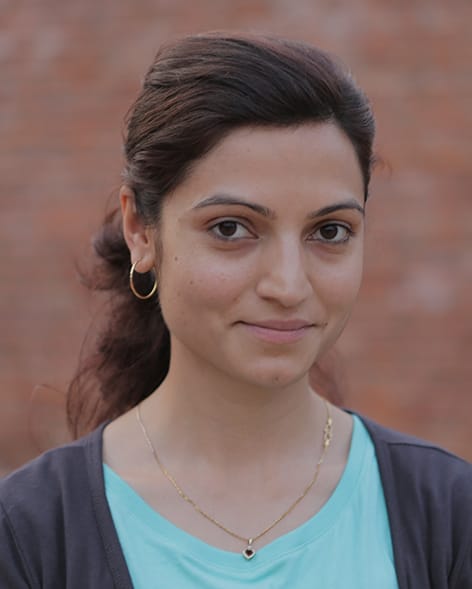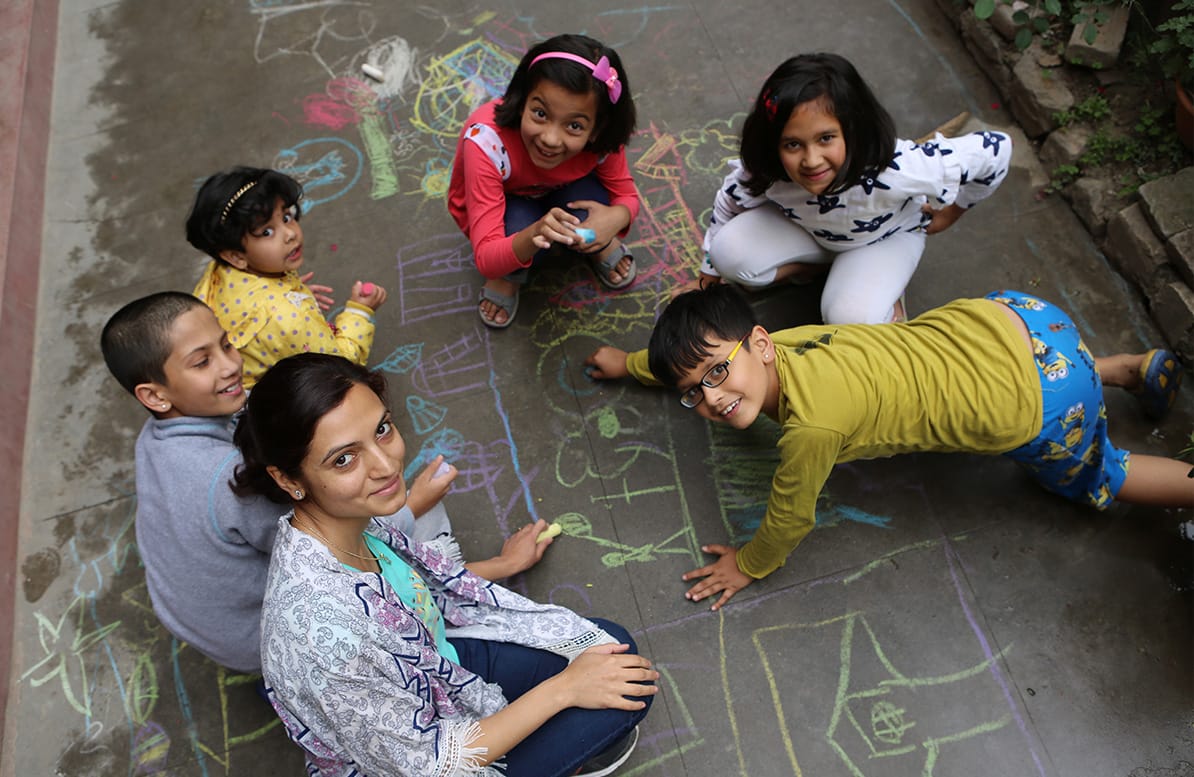Profile
- Name: Apekshya Dhungel
- Education: International Master of Landscape Architecture
- Profession: Architect
- Country: Nepal
- Company: Agni Builders private limited

Apekshya Dhungel was in Germany preparing her master’s thesis when a massive earthquake struck her home country of Nepal in 2015. There was no question that she wanted to go and help. Her expertise as an architect is in great demand in Nepal: People may not be able to prevent earthquakes but good planning and construction can protect many from the worst. Following her graduation, Apekshya Dhungel returned to Kathmandu to work for an architecture firm that specializes in housing and open space planning. Her local salary is supplemented by a CIM grant.
Interview with Apekshya Dhungel:
What are you currently working on in Kathmandu?
As an architect, I specialize in planning open spaces, that means open-air places where people can spend time with each other, such as town squares and parks. These spaces are particularly important in case of natural disasters, as they offer protection from being injured or killed by collapsing buildings. This is where people can also be provided with food, water and medication as well as current updates on the situation. Plus, it gives them a sense of not being alone.
What do you enjoy most about your work here?
In planning a new project, I always involve the people whom it actually concerns. My role is to translate their needs and wishes into an architectural concept. When a space is designed and realized that way, people feel a stronger sense of connection and tend to assume responsibility for its upkeep and maintenance.

What made you return to Nepal?
I had been planning to return to Nepal after graduation anyway, and even more so when the earthquake happened. Naturally, I wanted to be with my family right away and see if they were alright. I also wanted to help my hometown and support the reconstruction efforts.
How important is the knowledge you gained in Germany for you and the work you do?
In my program at the University of Freising, there were students from 18 different countries. I found this international exchange very inspiring. In landscape architecture, it is important to be able to develop different scenarios. I now have the chance to pass on all my knowledge to others here. I strongly believe that by sharing our knowledge we multiply it each time.
What are your plans for the future?
A professor of Martin-Luther-University Halle-Wittenberg was interested in my research and offered me a PhD position. So I will return to Germany to deepen my knowledge further. In my research, I want to focus especially on the needs of children. They need spaces that they can discover and that help them tap into their creative potential. These could be authentic, natural places where children can get to know native species, or they could be spaces where they can experiment with shapes and colours.
